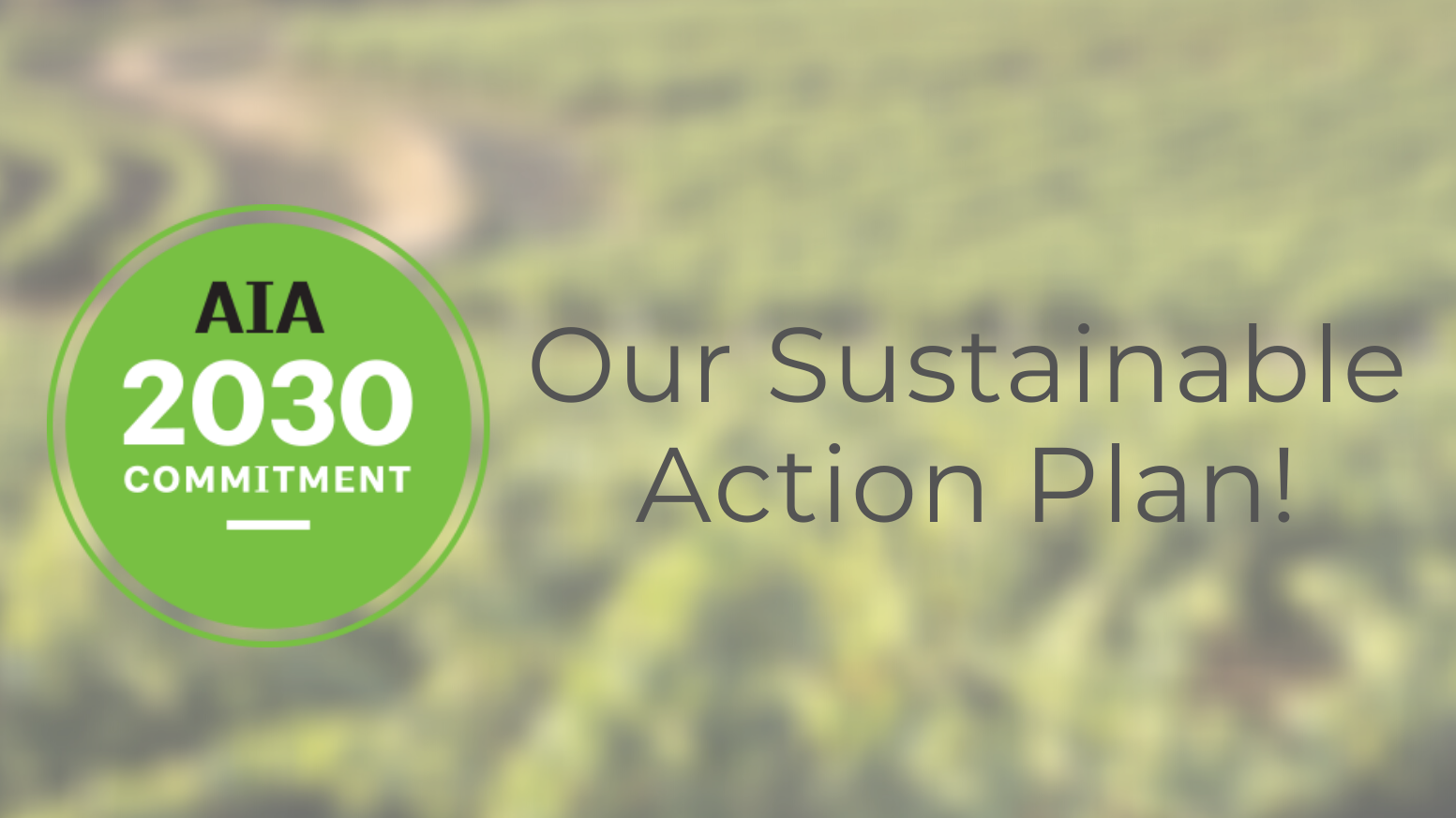We're Committing to a 2030 Sustainable Action Plan!

Did you know...it can take up to 80 years for new, energy-efficient buildings to overcome the negative climate impact created during construction?
The places where we live, work and play represent the largest sources of greenhouse gas emissions in America, as well as around the world. The design and construction industry has made significant strides toward creating high performance buildings of all types and uses. As a result, the industry is positioned to have a profound impact by continuing to foster high building performance and reducing building-related greenhouse gas emissions.
Throughout our 12-year history, Omgivning has been working to combat climate change. It is our belief that when we maximize the potential of our existing buildings, we make a positive impact for our communities and our planet.
Omgivning’s 5 Key Strategies to combat climate change:
- Challenge and Advocate for policy innovation that supports building reuse
- Enhance existing building Energy Performance and data tracking
- Prioritize Urban Revitalization which strengthens urban centers, one building at a time
- Design durable, Resource-Sensitive buildings
- Connect building users to natural systems with a focus on Wellness and Comfort
Click full screen to read about our plan.
From the AIA:
The mission of the AIA 2030 Commitment is to support the 2030 Challenge and transform the practice of architecture in a way that is holistic, firm-wide, project based, and data-driven.
Joining the 2030 Commitment gives us access to the Design Data Exchange (DDx), a national framework created by AIA with simple metrics and a standardized reporting format for measuring progress. The confidential, easy-to-use DDx lets us pinpoint best practices and anonymously compare project performance at Omgivning and beyond. The research tool allows us to compare projects of similar type, size, climate, and a host of other attributes across the 2030 portfolio.
